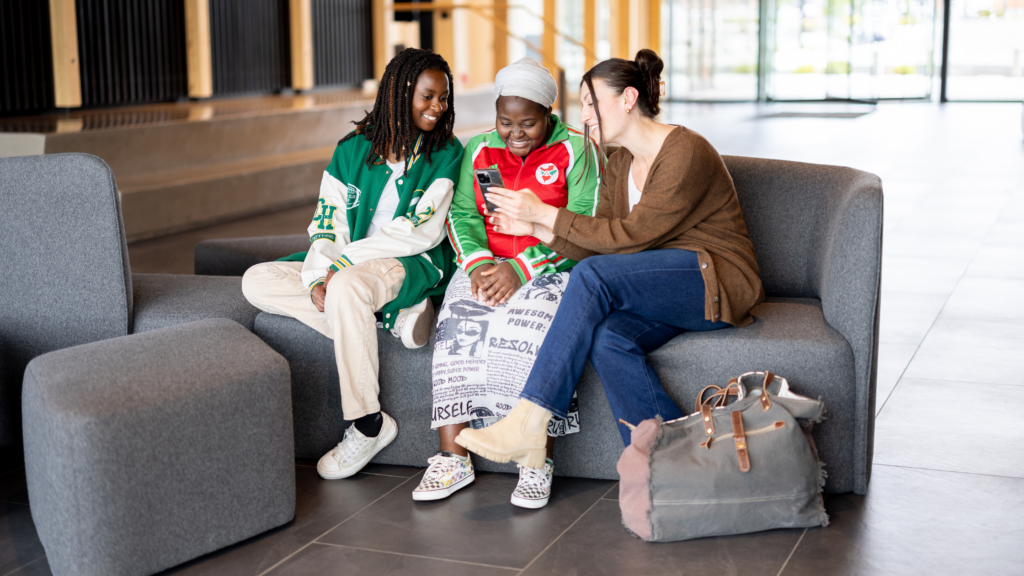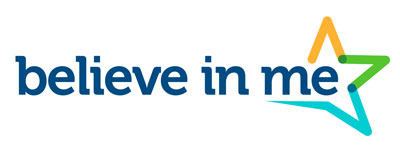Empowering First-Gen Dreams
Imagine being the first in your family to embark on the journey to college—a path filled with excitement, uncertainty, and daunting challenges. For many first-generation students, this is not just a hypothetical scenario; it’s their reality. These students, whose parents did not attend college, often face significant obstacles in their quest for higher education. Despite their determination, they are frequently disadvantaged due to the lack of family experience with the college application process, financial constraints, and limited access to resources.
In an era where education is increasingly recognized as the key to unlocking a brighter future, the importance of supporting first-generation students cannot be overstated. As the demand for college education grows, so does the need for comprehensive college preparation support for these students. This blog explores the unique challenges first-generation students face, the critical role of college preparation, and how technology—such as the forthcoming iLevelUP app—can bridge the gap. More importantly, it underscores why major donors, corporations, foundations, and government agencies should invest in this cause to create a lasting impact on society.

Understanding First-Generation Students
Definition and Demographics
First-generation students are those whose parents or guardians did not complete a four-year college degree. These students often come from low-income households, and many are from minority communities. According to FirstGen Forward, approximately one-third of all college students in the United States are first-generation. This demographic is diverse, with a significant number coming from Hispanic, African American, and immigrant backgrounds. Despite their varied experiences, these students share common challenges that stem from being the first in their families to navigate the complexities of higher education.
Unique Challenges Faced by First-Generation Students
The journey to college is often fraught with obstacles for first-generation students. Unlike their peers whose parents attended college, they lack the benefit of familial guidance on how to apply for college, secure financial aid, and choose the right academic path. For many of these students, college doesn’t even seem like a possibility; they don’t think it’s in the cards for them because no one in their circle has done it. They are often expected to support their families by working full-time right after high school, further diminishing the likelihood of pursuing higher education. This absence of experience and expectation can lead to overwhelming confusion and anxiety.
Financial constraints are another major hurdle. Many first-generation students come from low-income families, making the cost of college a significant barrier. The pressure to work while studying can further complicate their educational journey, leaving them with little time or energy to focus on academics.
Beyond financial and logistical challenges, first-generation students often grapple with psychological barriers. Imposter syndrome, the feeling of not belonging or being “good enough” to succeed in college, is common. This can lead to increased stress and, in some cases, cause students to drop out.
Moreover, the lack of access to academic resources and mentorship further exacerbates these challenges. Academic disparities become even more pronounced for students whose families do not place a high value on education. These students often struggle to keep up with their peers, making it difficult to get into schools and qualify for scholarships. They don’t receive help with homework or encouragement to excel academically, which compounds the difficulties they face. Without proper guidance, many first-generation students struggle to navigate the college application process, missing out on opportunities for scholarships, grants, and academic programs that could ease their path.

The Crucial Role of College Preparation
Impact of College Preparation on Higher Education Access
College preparation is crucial for all students but especially vital for first-generation students. Proper preparation significantly improves their chances of being admitted to college. It sets the stage for their success once they arrive. Access to guidance counselors, teachers, and mentors who can provide tailored advice on college applications, financial aid, and academic planning is essential. Equally important is access to technology and tutoring, which can help bridge the gap in academic skills and provide the resources needed to excel in the college admissions process.
Research shows that students who receive adequate college preparation are more likely to enroll in and graduate from college. For first-generation students, this preparation can be the difference between realizing their educational dreams and becoming another statistic in the dropout rate.
Educational Gaps and Their Consequences
The absence of college preparation can lead to significant educational gaps. First-generation students who need more support often find themselves unprepared for the rigors of college-level work. This unpreparedness can result in lower retention rates, as these students need help keeping up with their peers. The consequences are far-reaching: lower graduation rates, limited career opportunities, and, ultimately, a perpetuation of the cycle of poverty and limited upward mobility.
The cost is equally high for society. When first-generation students cannot complete their education, we lose out on the diverse perspectives and talents they bring to the workforce. The long-term economic impact includes a less educated workforce, reduced innovation, and a widening income gap.

Technology’s Role in Bridging the Educational Gap
Technology as a Tool for Empowerment
In today’s digital age, technology offers a powerful solution to the challenges faced by first-generation students. Apps like iLevelUP, in development by Believe in Me, have the potential to revolutionize college preparation by providing accessible resources and support systems tailored to the unique needs of these students. iLevelUP is dedicated to empowering first-generation college students by offering a comprehensive suite of tools, including step-by-step guides to college applications, financial aid calculators, and personalized advice on selecting the right colleges. The app also prioritizes serving youth from marginalized backgrounds—such as low-income families, racial and ethnic minorities, and immigrant communities—by providing tailored mentorship, financial literacy resources, and career planning opportunities. Moreover, iLevelUP connects students with mentors—professionals who have successfully navigated the college experience—who can offer guidance, encouragement, and practical advice. By leveraging technology, iLevelUP empowers first-generation students to take control of their educational journey, giving them the knowledge and resources they need to overcome barriers and succeed in college.
Case Studies and Examples
The success of technology-driven solutions in education is well-documented. For instance, online tutoring platforms such as UPchieve and Learn to Be have significantly improved academic outcomes for underserved students by providing access to high-quality educational resources. Similarly, mentorship programs delivered through digital platforms such as Apex for Youth have helped countless high school students from low-income minority backgrounds build confidence and develop the skills needed to succeed in college and beyond.
iLevelUP builds on these successes by offering a holistic solution that addresses first-generation students’ academic and psychological needs. Through technology and human support, iLevelUP is poised to significantly impact higher education access for underserved students.

Why Major Donors, Corporations, Foundations, and Government Agencies Should Care
The Societal Impact of Supporting First-Generation Students
Investing in college preparation support for first-generation students is not merely a gesture of goodwill; it’s a strategic investment in the future of our society. These students represent a vast, untapped reservoir of potential. By supporting their education, we are not just helping them; we are creating a more educated, diverse, and innovative workforce that is better equipped to tackle the challenges of the 21st century. This is not just about supporting students; it’s about shaping a better future for all of us, one where the societal benefits of their education ripple out to enrich our communities and industries.
Supporting initiatives like iLevelUP aligns with broader social responsibility and community development goals for corporations, foundations, and government agencies. By investing in first-generation students, these organizations can play a pivotal role in breaking the cycle of poverty, reducing income inequality, and promoting social mobility.
Opportunities for Partnership and Investment
The development and success of iLevelUP depend on the support of forward-thinking donors and investors who recognize the transformative power of education. There are numerous opportunities for partnership, from funding the app’s development to supporting mentorship programs that connect first-generation students with professionals in their chosen fields.
Investing in iLevelUP is about providing financial support and being part of a movement to change lives and shape the future. By partnering with iLevelUP, donors and investors can help create a legacy of educational equity and opportunity for all.

Igniting Pathways, Elevating Potential
The need for support for first-generation students in college preparation is more pressing than ever. As the demand for higher education grows, so does the gap between those who need access to resources. With their unique challenges and potential, first-generation students are at the heart of this issue.
By supporting initiatives like iLevelUP, we can meaningfully impact the lives of first-generation students. Together, we can bridge the gap, ensuring that every student—regardless of their background—has the opportunity to pursue their educational dreams and contribute to a brighter future for us all. Visit https://believeinme.org/iLevelUP to learn about how you can get involved.


